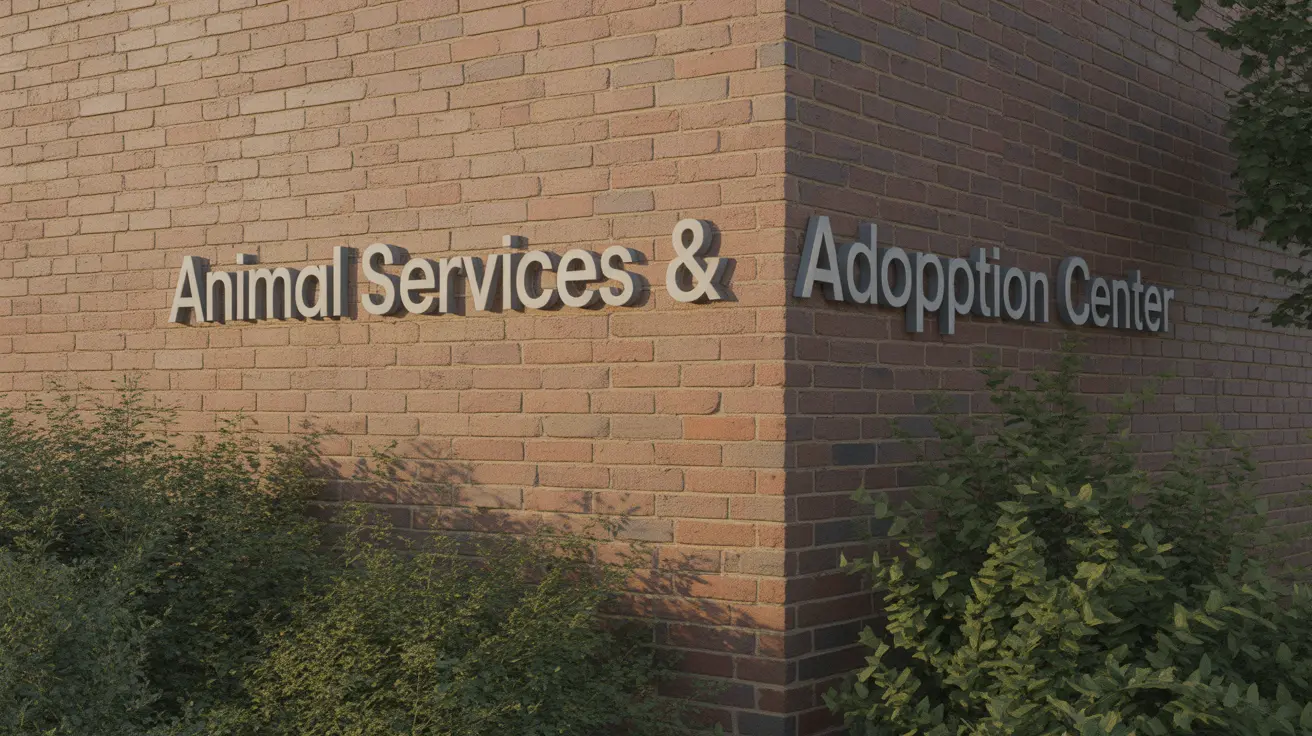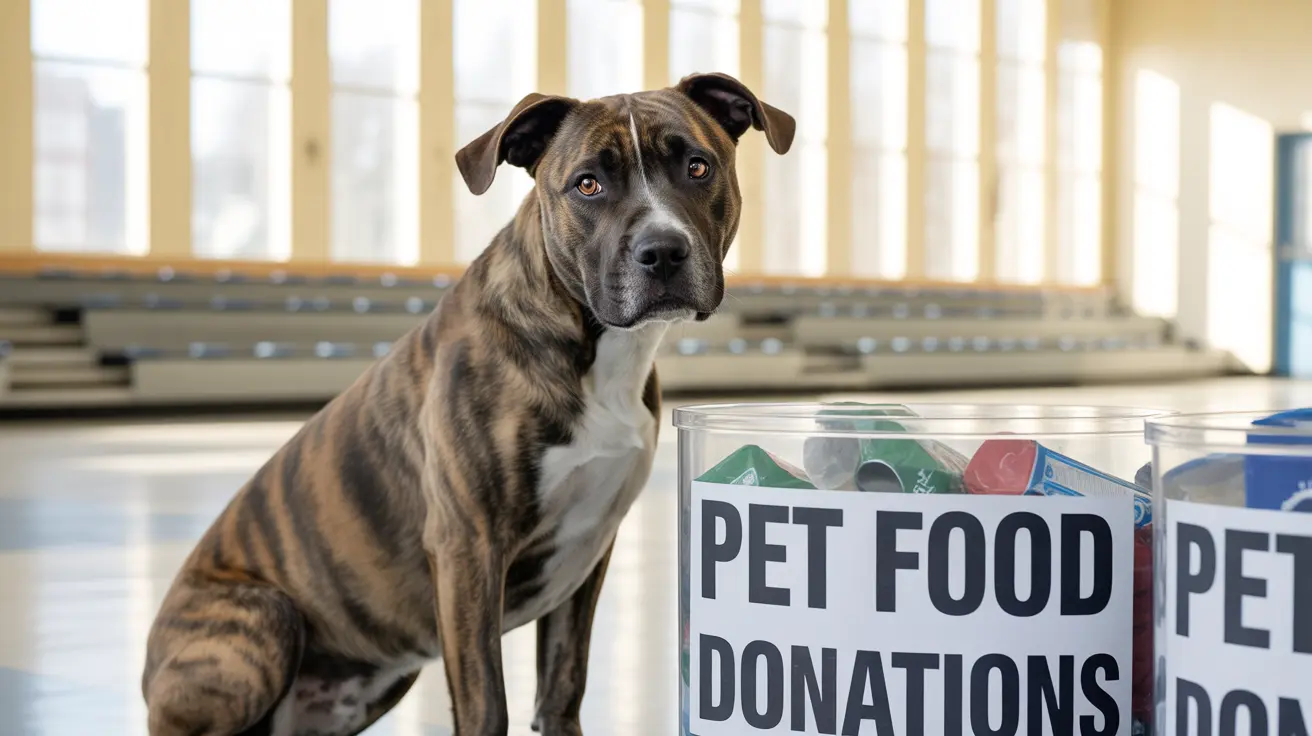How Cytopoint Helps Dogs with Paw Licking and Itching
Many dog owners are concerned when their pets obsessively lick their paws. This behavior is often a sign of underlying itchiness caused by allergic reactions or skin conditions. One solution that veterinarians commonly recommend is
Cytopoint, an advanced injection therapy that targets the itch at its root.
What Is Cytopoint?
Cytopoint is a prescription-only injection formulated for dogs to alleviate itching caused by
atopic dermatitis and other allergic skin conditions. The active component,
lokivetmab, is a monoclonal antibody that neutralizes
interleukin-31 (IL-31), a protein that sends itch signals to a dog’s brain. By blocking IL-31, Cytopoint effectively reduces symptoms like:
- Scratching
- Licking (especially paw licking)
- Chewing skin or fur
- Irritated or broken skin
How Does Cytopoint Work?
Cytopoint is administered via
subcutaneous injection by a licensed veterinarian. Once injected, it begins working within
one to three days and typically provides relief for up to
eight weeks.
Unlike traditional medications such as steroids or Apoquel that affect immune function, Cytopoint specifically targets the itch-inducing IL-31 protein. This targeted action minimizes systemic side effects and makes it suitable for a wide range of dogs, including:
- Puppies and senior dogs
- Dogs with liver or kidney problems
- Dogs who are on other medications
- Dogs unable to tolerate oral tablets
Why Do Dogs Lick Their Paws?
Paw licking is often a reaction to
itchiness or irritants. Common causes include:
- Environmental allergies (pollen, dust, mold)
- Food allergies
- Flea bites or infestations
- Contact irritants (grass, chemicals)
- Infections or injuries
Cytopoint helps mitigate the itch sensation, which reduces the dog's urge to lick their paws and gives the skin a chance to heal.
Effectiveness of Cytopoint
Clinical data shows Cytopoint manages itching in
approximately 60-75% of treated dogs. While some dogs experience near-complete relief, others may exhibit only a mild improvement or limited duration of effectiveness.
Monitoring your dog's response after the first few injections will help determine if Cytopoint is the right treatment. If necessary, veterinarians may suggest combining therapies or exploring alternatives.
Safety and Side Effects
Cytopoint is known for a favorable safety profile. Side effects are rare and mild when they occur. Potential symptoms post-injection include:
- Lethargy
- Vomiting
- Diarrhea
- Loss of appetite
- Pain at the injection site
- Rare allergic reactions (hives, facial swelling)
Cytopoint is safe for use alongside other medications, including:
Antibiotics
Antifungals
Vaccinations
Flea and tick preventatives
Comparing Cytopoint to Other Treatments
When developing a treatment plan, veterinarians consider various factors such as age, health, severity of symptoms, and lifestyle. Cytopoint may be preferred if:
- Your dog doesn't tolerate oral medications
- You prefer a steroid-free option
- Other treatments haven't been effective
Alternative or complementary options include:
- Apoquel: An oral tablet affecting immune signaling
- Steroids: Effective but may have serious long-term effects
- Topical treatments: Shampoos, sprays, or ointments
- Dietary changes: For suspected food allergies
- Immunotherapy: Allergy shots or drops based on diagnostics
Limitations and Considerations
While Cytopoint manages symptoms effectively, it is not a cure for the underlying allergic condition. Long-term management may still require:
- Flea control programs
- Avoidance of known allergens
- Supportive supplements (e.g., omega-3 fatty acids)
- Veterinary dermatological evaluations
In rare cases, dogs may develop
antibodies against Cytopoint, which can reduce its effectiveness over time.
Administration and Cost
Cytopoint must be administered by a licensed veterinarian; it is not available for home use. The injection is generally given every
4–8 weeks, and the cost varies based on:
- Dog’s weight
- Clinic pricing
- Geographic location
Consult your veterinarian for cost estimates and long-term care planning.
Conclusion
If your dog persistently licks their paws due to allergic itching, Cytopoint may offer significant relief. By addressing the root cause of canine itching—specifically IL-31 signaling—this injectable therapy can improve comfort, reduce unwanted behaviors, and promote healthier skin. Always consult your veterinarian to determine the most appropriate treatment for your pet's specific needs.





